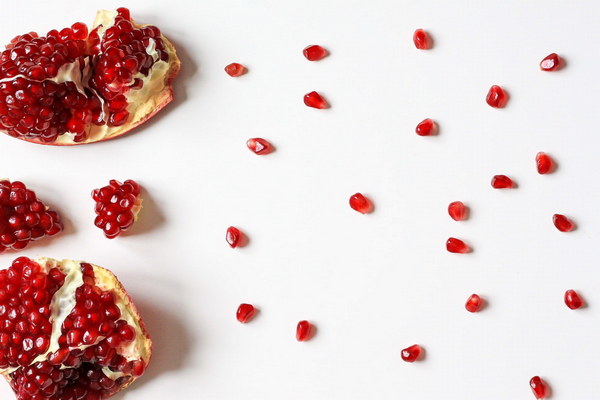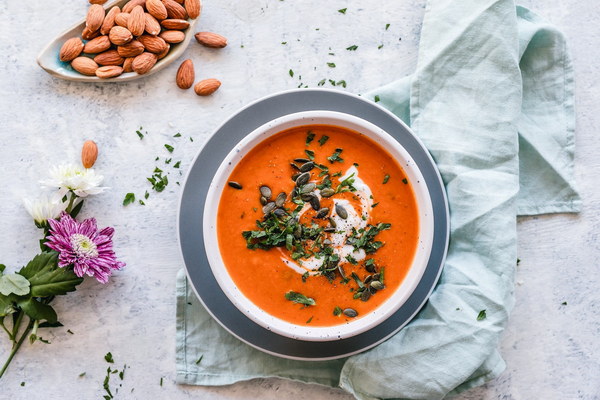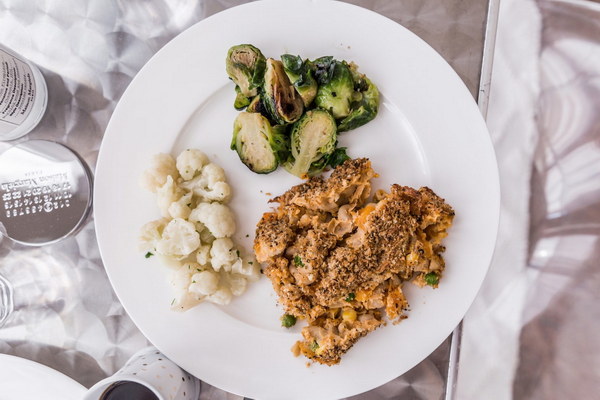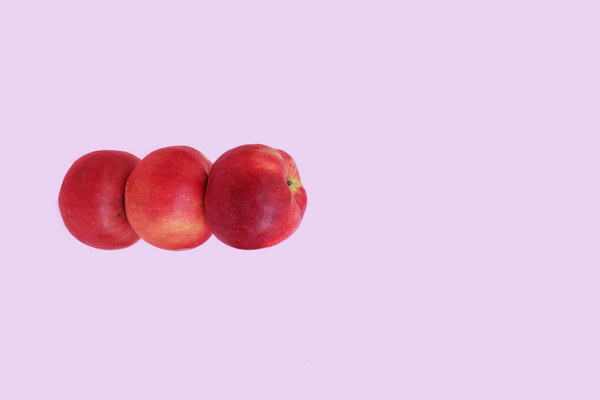Revitalizing Traditions Unveiling the Secrets of Classic Chinese Medicinal Diets
In the realm of holistic wellness, traditional Chinese medicine stands as a beacon of ancient wisdom, offering a spectrum of natural remedies that have been passed down through generations. Among these, medicinal diets, or yaoshan, play a pivotal role. These are not mere meals but carefully curated combinations of herbs and ingredients that not only nourish the body but also address specific health concerns. This article delves into the world of traditional classic medicinal diets, revealing their origins, benefits, and how they can be integrated into modern life.
The Essence of Traditional Classic Medicinal Diets
Medicinal diets are deeply rooted in the principles of TCM (Traditional Chinese Medicine), which emphasizes balance and harmony in the body. The concept is based on the belief that certain foods and herbs can either prevent or cure illness by correcting imbalances in the body's Yin and Yang energies. These diets are personalized to an individual's specific constitution, climate, and season, making them a unique aspect of Chinese healthcare.

Origins and Historical Significance
The origins of medicinal diets can be traced back to ancient China, where scholars and healers began to observe the therapeutic effects of specific foods and herbs. The classic texts, such as the Shen Nong's Herbal and the Compendium of Materia Medica, provide extensive knowledge about the properties and uses of various ingredients. Over centuries, these practices have been refined and are still widely followed today.
The Benefits of Classic Medicinal Diets
The benefits of traditional medicinal diets are multifaceted:
1. Health Promotion: These diets aim to maintain health and prevent disease by fortifying the body's immune system and balancing internal organs.
2. Disease Treatment: By targeting specific imbalances, medicinal diets can alleviate symptoms and treat various conditions, from digestive disorders to joint pain.
3. Nutritional Balance: They ensure that the body receives a balanced intake of nutrients, vitamins, and minerals, which are essential for optimal health.
4. Cultural and Culinary Experience: Medicinal diets offer a unique culinary journey, blending flavors and ingredients that are both nourishing and delicious.
Key Ingredients and Their Properties
Medicinal diets often incorporate a variety of ingredients, each with its own therapeutic properties:
- Goji Berries: Known for their antioxidant properties, they are believed to boost immunity and improve energy levels.
- Ginseng: A popular herb in TCM, ginseng is thought to enhance vitality, improve memory, and regulate the immune system.
- Green Tea: Packed with antioxidants, green tea is believed to aid in weight loss, improve mental alertness, and reduce the risk of chronic diseases.
- Mushrooms: Certain mushrooms, like reishi and maitake, are prized for their immune-boosting and anti-inflammatory properties.
Integrating Medicinal Diets into Modern Life
Incorporating traditional medicinal diets into contemporary life is both feasible and beneficial. Here are a few suggestions:
1. Seasonal Eating: Consume foods that are in season and align with the specific needs of the season.
2. Herbal Infusions: Drink herbal teas or infusions made from traditional Chinese herbs.
3. Balanced Meals: Prepare meals that incorporate a variety of ingredients, ensuring a balanced intake of nutrients.
4. Professional Guidance: Seek advice from a TCM practitioner or nutritionist to tailor a medicinal diet to your specific needs.
Conclusion
Traditional classic medicinal diets are a testament to the enduring wisdom of TCM. By harnessing the power of nature's ingredients, these diets offer a holistic approach to health and wellness. As we navigate the complexities of modern life, embracing the principles of medicinal diets can bring us back to the basics of health, reminding us that the path to wellness lies in balance and harmony.









